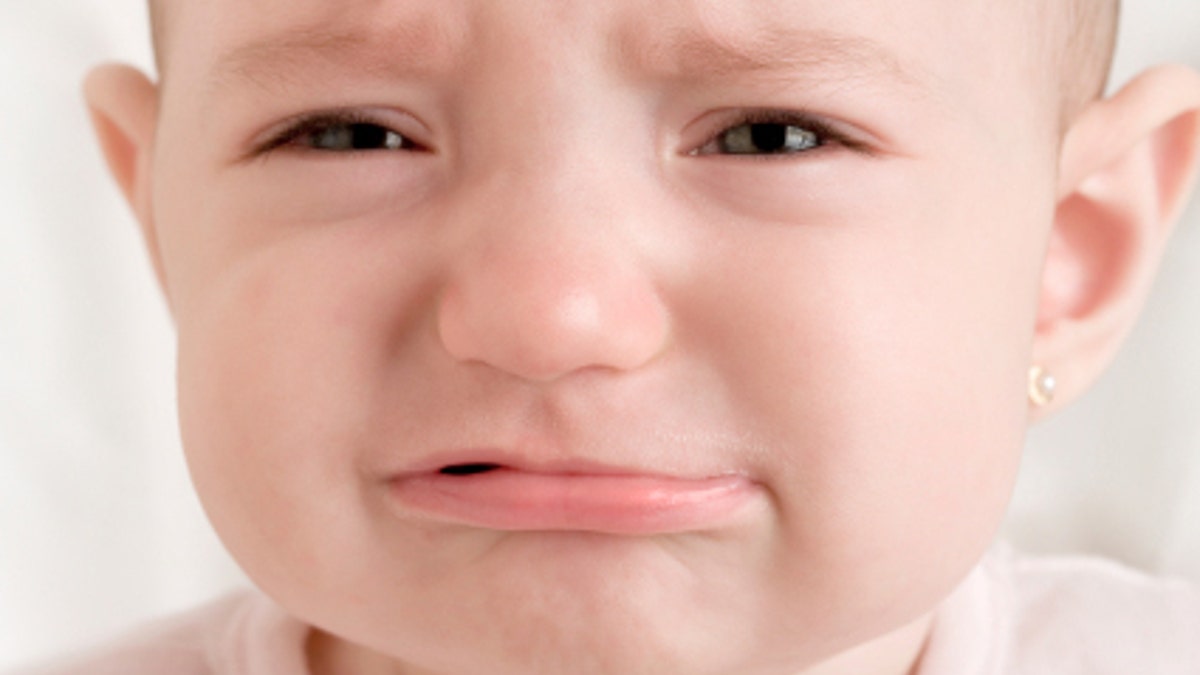
Giving babies "good" bacteria may help ease incessant fussing and crying, says a fresh look at past studies.
But researchers say it's too soon to recommend the bacteria, known as probiotics, for colicky babies.
"There is some promise in probiotics, but we need further research to clarify it," said Dr. Valerie Sung. She led the study at the Murdoch Childrens Research Institute and Royal Children's Hospital in Melbourne, Australia.
"So unfortunately parents shouldn't just jump and get probiotics for their crying babies," Sung, who is also affiliated with the University of Melbourne, told Reuters Health.
About one in five babies younger than three months is affected by colic, write Sung and her colleagues in JAMA Pediatrics.
Colic is thought to put babies at risk of child abuse. When it persists in older babies, it is also tied with later mental health problems and allergies.
Although colic is a common problem, there are no known treatments other than checking babies for underlying medical conditions and supporting families, Sung said.
Some studies have found differences between the bacteria living in the stomachs of colicky and non-colicky babies. They suggested those differences could cause gas, bloating and discomfort.
So researchers have wondered whether giving babies probiotics and changing the balance of bacteria in their stomachs could relieve those symptoms and the excessive crying that may come with them.
Probiotics have been shown to provide related health benefits, such as reducing inflammation and strengthening the lining of the small intestines.
For the new review, Sung and her colleagues combined data from 12 studies. Each of those studies randomly assigned 1,825 babies younger than three months to receive probiotics, a bacteria-free placebo or no treatment.
Six of the trials found that probiotics reduced crying, but six did not.
Five studies specifically examined the use of probiotics for treating colic. The other seven tested whether the bacteria helped prevent colic.
Of the five treatment studies, three tested the probiotic Lactobacillus reuteri among babies who were breastfeeding. The studies found that after a few weeks, infants taking the probiotic cried for an hour less each day than those given a placebo or no treatment.
"Even though they were shown to be effective, we can't really make a conclusion to say we'd recommend probiotics yet because of the sample involved," Sung said.
For example, two of the three studies that found an effect were conducted among babies of breastfeeding women who were on a dairy-free diet. And each of the trials included less than 100 infants.
The price of probiotics varies, but a 30-day supply from the drugstore typically costs about $30.
Dr. Francesco Savino, who has studied the use of probiotics for colic but was not involved with the new study, said he agreed with the review's conclusion.
"Last week I organized an International multidisciplinary meeting on ‘Advances on Infantile colic' and the concluding remarks focused attention on the weakness in the present evidence-based literature," Savino, of the City Hospital Health and Science of the City of Turin, Italy, wrote in an email to Reuters Health.
He said there is a need for quality studies to help develop guidelines and effective treatments for colic.
Sung said she and her colleagues are currently conducting a large trial of probiotics that includes babies being fed formula and breast milk.
"We're not at the stage yet where we can recommend this as a treatment... But there will be further studies and hopefully that will answer the question," she said.
